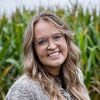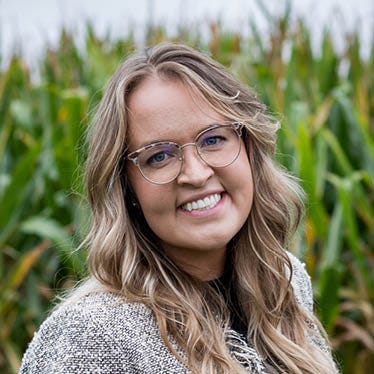May 8, 2024

Take today’s industry research with a grain of salt. That’s the word from Emerson Nafziger, University of Illinois professor emeritus and Extension specialist.
At the start of Nafziger’s career several decades ago, most applied research was produced by scientists at land-grant universities to better inform farmers on how new practices might affect profit and yield.
Today’s research environment looks vastly different, with most scientists employed by private companies. As a result, findings reported to potential customers often lack third-party testing to verify claims.
“Product descriptions make numerous claims about what the product will do, with backing by company research mostly implied,” Nafziger says. “Science is used to support marketing, but not in a way that allows the data to speak clearly.”
University scientists are mostly left out of the research process, posing a major problem for farmers (and their checkbooks) who are trying to separate marketing claims from third-party research.
“The data today are produced and selected by the company marketing the product,” Nafziger says. “Which means the data says what we would expect it to say: This product works.”
Nafziger says some of the primary culprits include biostimulants, biologicals, microbials and products that tout sustainable impacts to soil health.
Farmers ultimately want to know if a product works — or more than pays its way over years and fields. But “works” is almost impossible to answer, especially since many products are sold as addressing deficiencies that many fields and crops do not experience. Marketers also tend to focus on intensive-management farmers who are pursuing high yields.
“We are seeing today what is probably the largest expansion of marketed products ever, many of which are sold with little externally produced or publicly available data on performance,” Nafziger says.
Many products are marketed to increase yield and profit in ways that are difficult to see, and almost impossible to document. For example:
Information on how the product is useful is not clear.
The effect on plants is typically not visible.
The yield effect, if there is one, is often minimal.
Yield impacts that depend on having deficiencies to correct are expected to be inconsistent across fields and years.
How to approach new products
Nafziger says one approach is simply to not use products sold only by testimonials, or with a few trials posted on a website. Many fields have produced very high yields in recent years, mostly without novel products.
Many farmers may also want to perform their own field trials, even though that may not very clearly answer the “does this work?” question. One good reason to do this is that maintaining a sense of curiosity and running trials is highly satisfying for most people.
“Even if the data doesn’t speak very clearly, farmers have never been better equipped to do field research comparing products,” Nafziger says. “Today we have the benefit of planters and as-applied maps, combine yield monitors, and the ease of extracting field data. Splitting two treatments in a planter across an entire field and then comparing the yields is one of the best and easiest research activities available to most farmers today.”
About the Author(s)
You May Also Like






